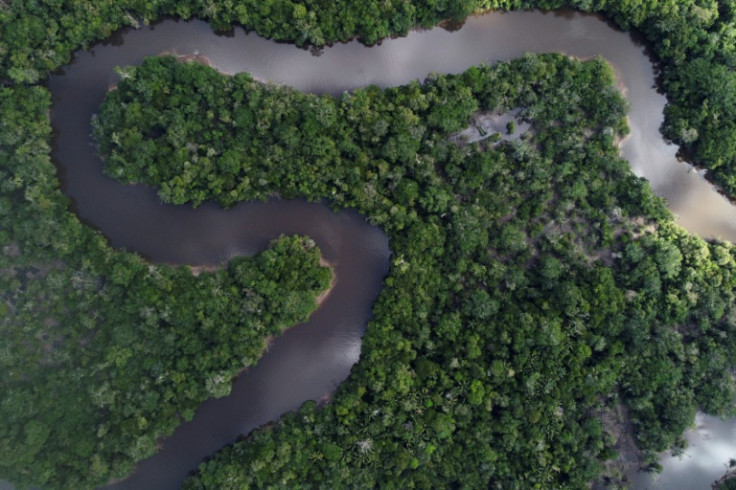
A major study by scientists has claimed that the Amazon rainforest could hit a tipping point by 2050 due to deforestation, water stress, and climate change.
The study published in Nature on Wednesday claimed that 10–47 per cent of the forest would be exposed to compounding stressors by 2050.
"The region is increasingly exposed to unprecedented stress from warming temperatures, extreme droughts, deforestation, and fires, even in central and remote parts of the system," the researchers wrote.
"Once we cross this tipping point, maybe we cannot do anything anymore," said ecologist Bernardo Flores of the University of Santa Catarina in Brazil, lead author of the report. "The forest will die by itself".
Flores has said that the time has come to declare a "red alert" for the forest, thereby, ensuring its survival.
The Amazon is the world's largest tropical rainforest. Spread across nine nations, the jungle is referred to as the "lungs of the earth," which produces nearly 20 per cent of the planet's oxygen.
It is the most biodiverse region on our planet, with millions of species of plants and animals co-existing in one place. Several studies have warned that the world needs to take drastic steps if it wants to undo the damage.
In 2020, a study warned that 40 per cent of the Amazon Rainforest could transition into drylands due to climate change.
Researchers at the Stockholm Resilience Centre used computer models and data analysis to understand the current situation of the rainforests in the wake of reducing levels of rainfall and rising temperatures.
Another study conducted by scientists from the Amazonian Network of Georeferenced Socio-Environmental Information (RAISG) and the Coordinator of Indigenous Organisations of the Amazon Basin (Coica) claimed that parts of the Amazon rainforest may not be able to recover ever again.
The researchers covered all nine nations that contain parts of the Amazon for their study. It found that only Suriname and French Guiana have at least half their forests still intact.
They said that we have already passed the threshold and that around 26 per cent of areas may not be able to recover.
The study further claimed that once a crucial part of the forest is lost, it will no longer be able to regenerate itself. The report emphasised that this portion will need human assistance to be restored.
The big picture:
The Amazon plays an extremely important role in the global carbon cycle. The rainforest absorbs massive amounts of carbon dioxide from the atmosphere through photosynthesis, helping to reduce the amount of this greenhouse gas in the atmosphere.
It acts as a carbon sink by absorbing massive amounts of carbon dioxide from the atmosphere. The trees and vegetation store this carbon in their roots, soil, and biomass. However, deforestation for mining and agriculture purposes has become a threat to its survival.
Majority of the trees are cut down to provide fields to grow soya to feed farm animals like pigs and poultry.
When trees are cut down, they release most of the carbon stored back into the atmosphere. Forest loss and damage is the cause of around 10% of global warming, according to the data provided by the World Wide Fund for Nature.
Deforestation, pollution, and unplanned development have already begun to wreak havoc in several parts of the world. The climate crisis is intensifying extreme weather events worldwide.
South Asian countries like Pakistan, India, and Bangladesh are some of the most vulnerable to extreme weather caused by global warming and climate change. If the rising temperatures are not brought under control, extreme weather events will only become more frequent and catastrophic.
The experts have called for urgent measures to address the crisis. They have suggested that communities, governments, stakeholders, and businesses need to join hands to ensure that we can avoid a catastrophic situation.







